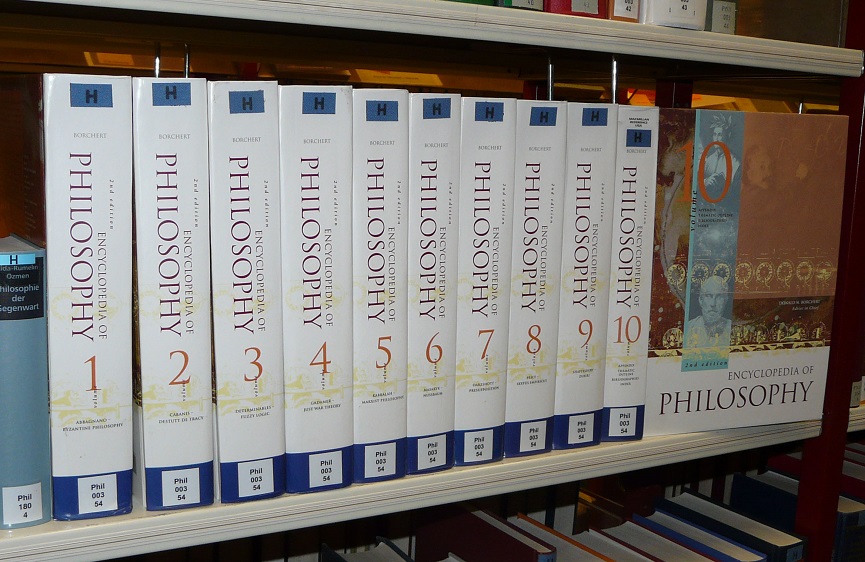Eind
deze week heeft aan de University of St Andrews een conferentie plaats over “Spinoza
& British Idealism" [cf.]
This conference aims to bring together leading
historians of philosophy who have simultaneously begun to reappraise a
neglected area of philosophical scholarship. In the late-nineteenth and
early-twentieth centuries, the philosophy of Spinoza was taken very seriously
by academic philosophers based in England and Scotland. Spinoza was seen as
offering crucial insights on the relation between the natural sciences,
religion, philosophy, and ordinary common experience. However, the tradition in
which many of these philosophers worked, known as ‘British Idealism’, fell out
of fashion when the new analytical approach defined itself in opposition to it.
As a result, the importance of Spinoza was downgraded. Today, it is
increasingly recognised that contemporary philosophers have much to learn from
this once discarded school of philosophy. Spinoza’s reputation as a central
figure has also been rehabilitated. It is high time to revisit what the British
Idealists had to say about Spinoza, and many leading Spinoza scholars have
recognised this.
Ik
vond wel boeiend op de website van
de conferentie, waar deze tekst in de thuispagina staat, voorts het programma
te zien en er de abstracts van de te houden lezingen te lezen.
Ik
vermoed dat Alexander Douglas in de organisatie ervan zit, maar op zijn website, zijn twitter-pagina en zijn pagina
bij academia.edu
laat hij daar niets over los. Op 22 maart 2018 nog sprak hij voor de London Spinoza Circle over: "Spinoza and the British Idealists: Acosmism, Determination, and Negation." [Cf.]







